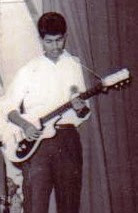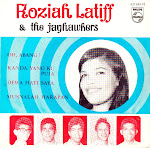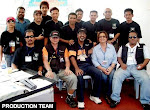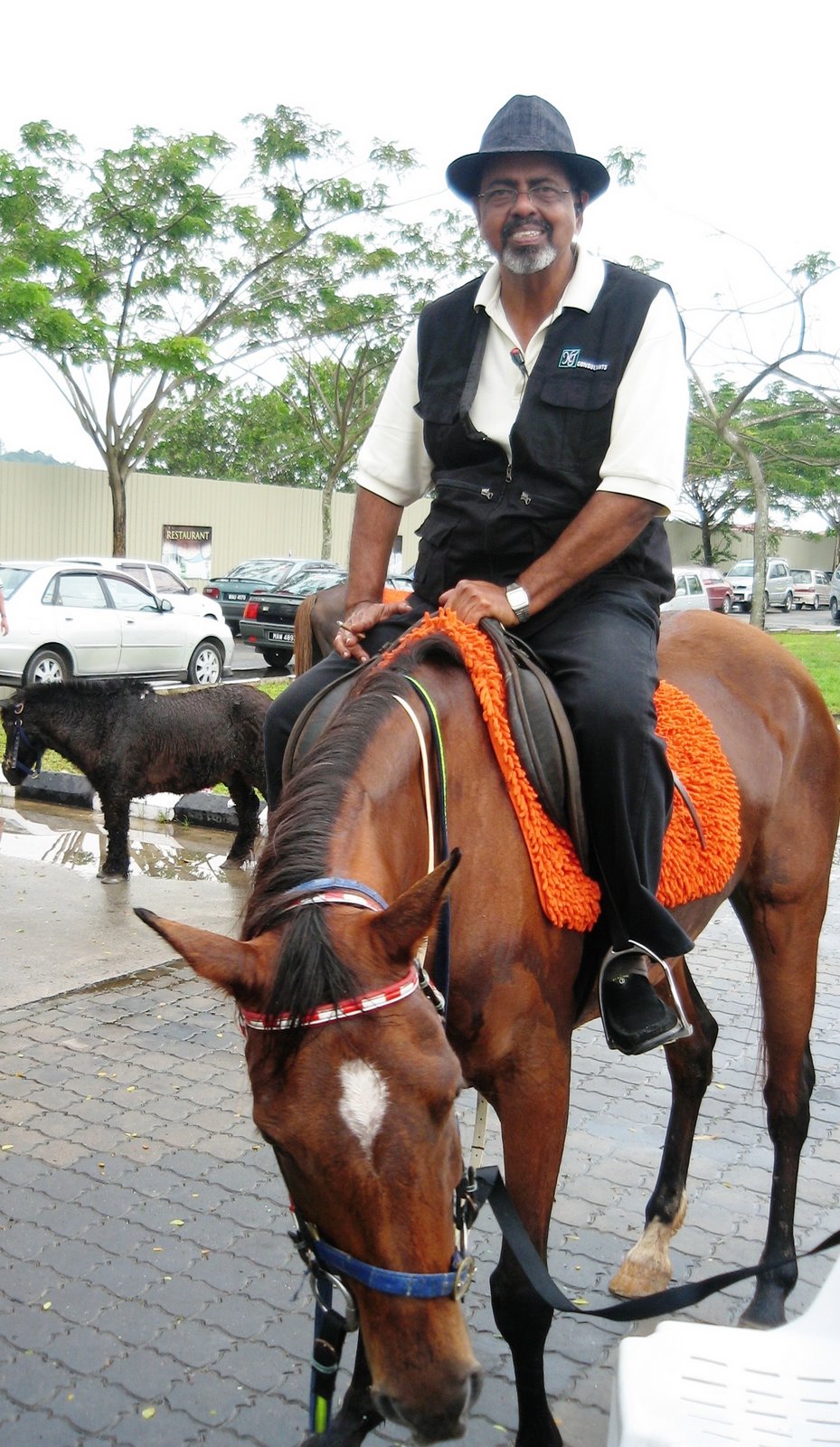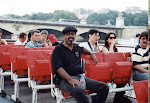A playing field in a primary school in Seremban
serves as car park for the teachers. So where do children have their Physical Education classes??
Hardly a day goes by without a letter of concern in the newspapers regarding education in Malaysia. Many see poor education as a root cause for most of our societal problems. Excellence in education goes beyond teacher quality, a balanced curricula and the number of distinctions students attain in an increasingly exam-centric situation.
Space is a also very important factor for the healthy development of human emotions and overall well-being. The physical space allotted for children in schools is equally important. These days even housing lots have become smaller and many playing fields have disappeared in the last 20 years. Our children now literally play in the streets.
We hear so much talk from so-called academics to improve education in Malaysian schools these days. One area that seems to be ignored or forgotten is the need for ample space for a healthy learning environment. This aspect is considered very important in almost all developed countries. So this aspect must also be factored in when seeking to improve education in Malaysia.
The school I was teaching at in the 1960’s for example had such ample space both in and out of the classroom. Now, additional buildings have cropped up like mushrooms all over in the very same compound and for a school population that has tripled at that. This is perhaps true in almost all other schools in Malaysia too.
Even an elementary student of psychology knows what restriction of space can have on young children in particular. The Human Zoo is a book written by the British zoologist Desmond Morris, published in 1969. In it he examines how the biological nature of the human species has shaped the character of the cultures of the contemporary world. Humans in their cities just as animals in their zoos, both have food and shelter provided for them. But if they have to live in an unnatural environment of limited physical space, both are likely to have problems in developing healthy social relationships. In his other book The Naked Ape he says that “under normal conditions, in their natural habitats, wild animals do not mutilate themselves... attack their offspring, develop stomach ulcers, become fetishists, suffer from obesity, form homosexual pair-bonds or commit murder.” These forms of undesired behaviors are already occurring among human city dwellers in Malaysia.
If the above is true, then what more would the effects be on young and impressionable minds in their overall personality development? Thoughts in this direction should also be given equal emphasis by our policy makers. Space for our children is definitely another area that needs more attention from our education planners. It is ironic that space is abundantly provided in most public Malaysian universities without realizing that it is all the more imperative and equally important to provide the same for our young children too from the kindergarten level itself.
Hardly a day goes by without a letter of concern in the newspapers regarding education in Malaysia. Many see poor education as a root cause for most of our societal problems. Excellence in education goes beyond teacher quality, a balanced curricula and the number of distinctions students attain in an increasingly exam-centric situation.
Space is a also very important factor for the healthy development of human emotions and overall well-being. The physical space allotted for children in schools is equally important. These days even housing lots have become smaller and many playing fields have disappeared in the last 20 years. Our children now literally play in the streets.
We hear so much talk from so-called academics to improve education in Malaysian schools these days. One area that seems to be ignored or forgotten is the need for ample space for a healthy learning environment. This aspect is considered very important in almost all developed countries. So this aspect must also be factored in when seeking to improve education in Malaysia.
The school I was teaching at in the 1960’s for example had such ample space both in and out of the classroom. Now, additional buildings have cropped up like mushrooms all over in the very same compound and for a school population that has tripled at that. This is perhaps true in almost all other schools in Malaysia too.
Even an elementary student of psychology knows what restriction of space can have on young children in particular. The Human Zoo is a book written by the British zoologist Desmond Morris, published in 1969. In it he examines how the biological nature of the human species has shaped the character of the cultures of the contemporary world. Humans in their cities just as animals in their zoos, both have food and shelter provided for them. But if they have to live in an unnatural environment of limited physical space, both are likely to have problems in developing healthy social relationships. In his other book The Naked Ape he says that “under normal conditions, in their natural habitats, wild animals do not mutilate themselves... attack their offspring, develop stomach ulcers, become fetishists, suffer from obesity, form homosexual pair-bonds or commit murder.” These forms of undesired behaviors are already occurring among human city dwellers in Malaysia.
If the above is true, then what more would the effects be on young and impressionable minds in their overall personality development? Thoughts in this direction should also be given equal emphasis by our policy makers. Space for our children is definitely another area that needs more attention from our education planners. It is ironic that space is abundantly provided in most public Malaysian universities without realizing that it is all the more imperative and equally important to provide the same for our young children too from the kindergarten level itself.







